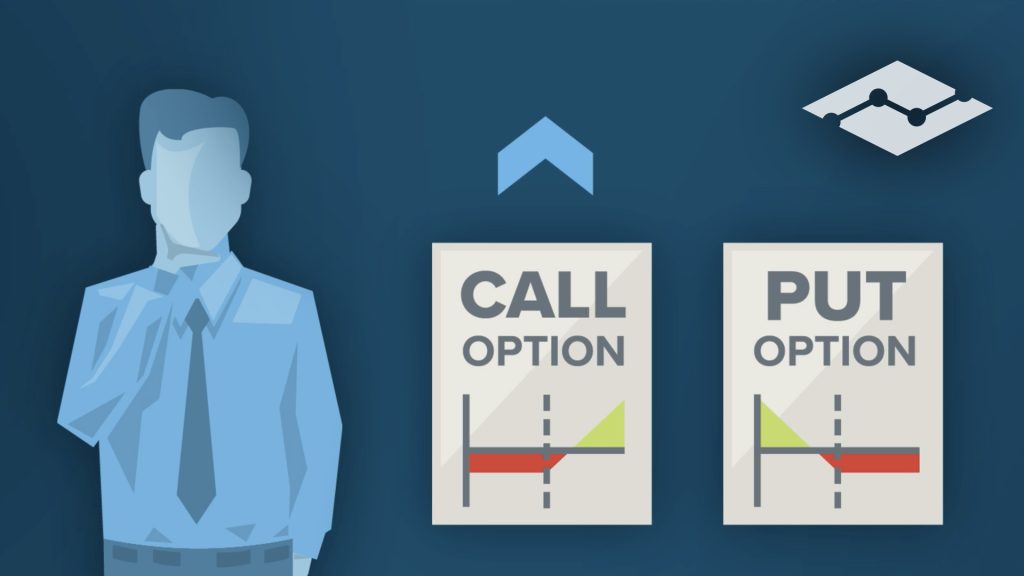What are stock options?
One of the common questions I get as a trader and working in finance is what are options and how can someone trade them? Before I answer that question I’d like to explain something that might seem a little strange.
To start off I’d like to tell you that you can make money in a BULL and BEAR market. What does that mean? It means that you can make money in the stock market regardless of whether it goes UP or DOWN / whether we are in a recession or if the economy is booming.
How?
Well the majority of people are under the impression (from their stock portfolio, their 401k, or IRA) that if the index funds they invest in go up, then they’ll make more and that’ll be good for their accounts. They’re right, it is good for their accounts but let’s get one thing straight… the majority of 401k’s and IRA’s get about a 10% annual return (if that at all) which isn’t much. Sure, compound interest helps, but TRADING stocks is where the money is made.
So now that we know that we can make money if the market goes up (by buying calls) and we can also make money while the market goes down (by buying puts) then it’s clear that we can recession proof ourselves. So, let’s move onto the main topic of this blog post – what is an option? What is a put? And what is a call?
To make things as a clear as possible, an option is equal to 100 shares. If you purchase a 100 shares of a particular ticker symbol (ex. TSLA, SHOP, SPY, QQQ) then you can purchase 1 contract and have the SAME earning abilities with LESS in your account. In other words, it’s allows you to earn more with less in your account.
Now, this blog post is just the tip of the iceberg when it comes to trading options and understanding options. Feel free to send us a message or an email and we’ll do our best to help you understand this in greater detail.
